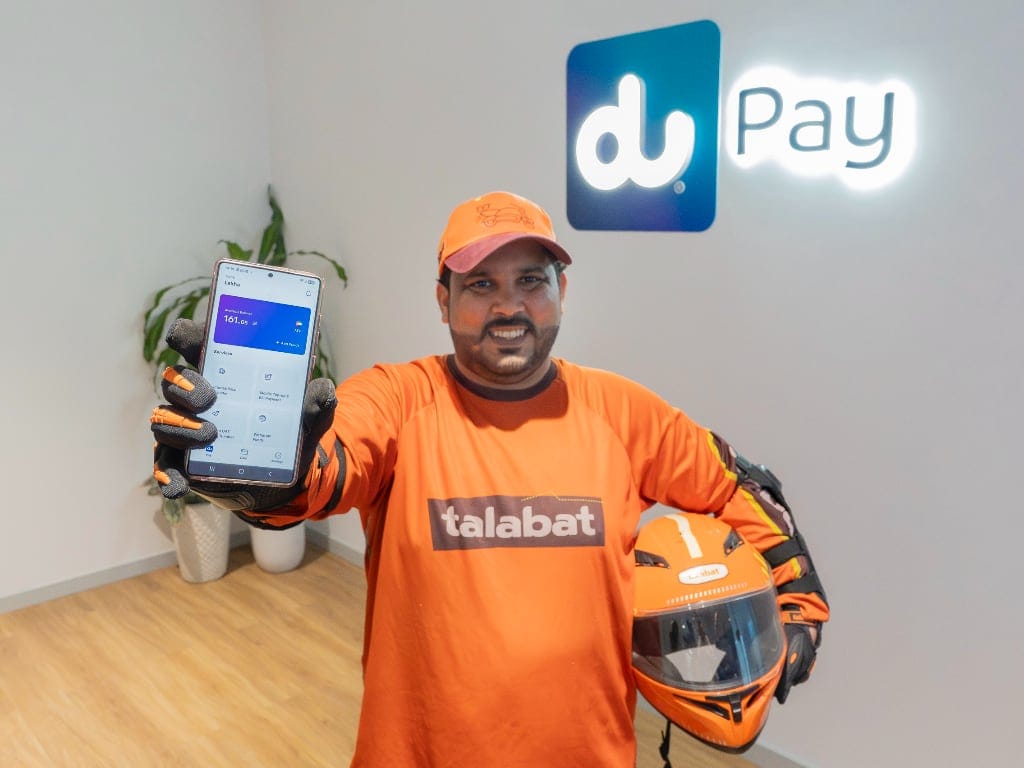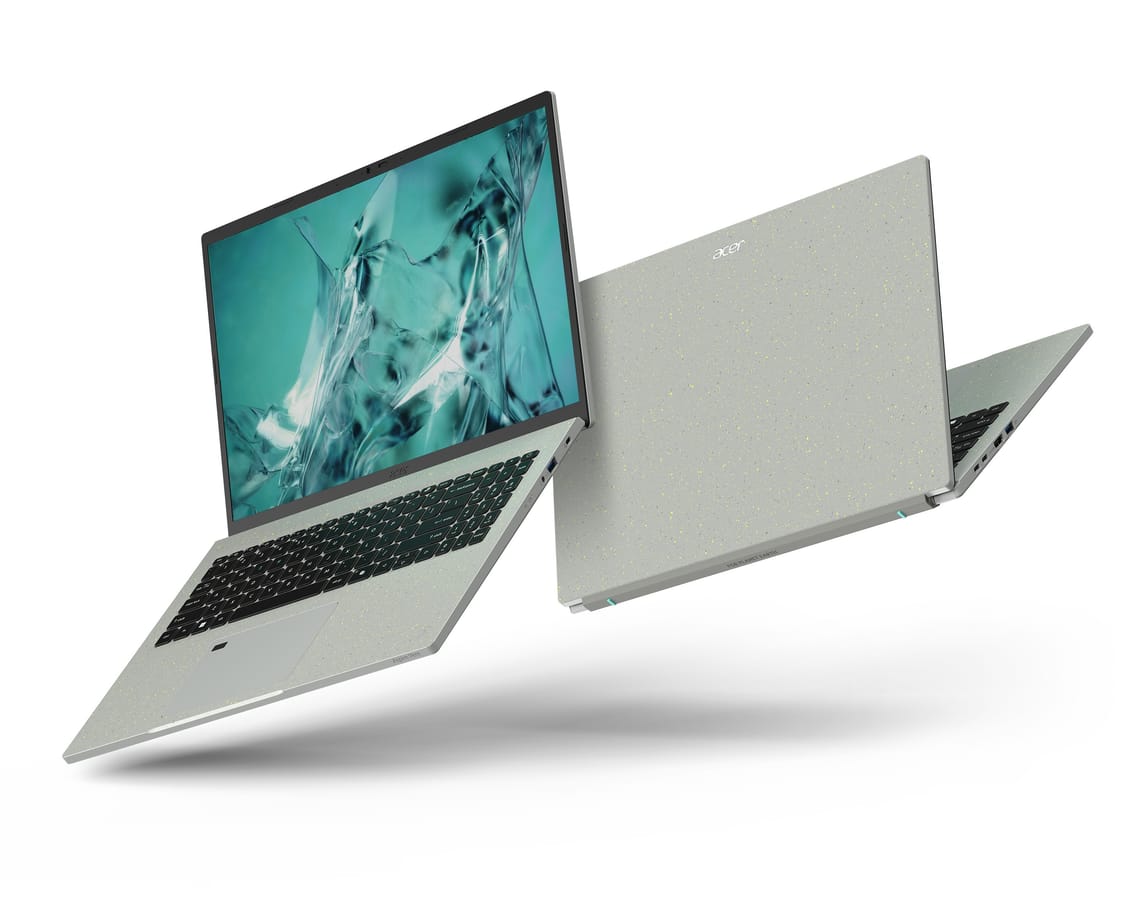- du Pay and talabat announced a first-of-its-kind regional tie-up for a delivery platform and a licensed wallet provider.
- Riders can receive pay, spend locally and send money home at competitive rates.
- The move supports Dubai’s target for 90% of transactions to be digital by 2026.
- du Pay is regulated by the Central Bank of the UAE.
- talabat listed on the Dubai Financial Market in December 2024.
du Pay, the digital financial services arm of du, has partnered with talabat to launch a wallet programme for delivery riders across the UAE. The companies say it’s the first partnership of its kind in the region between a delivery aggregator and a licensed digital wallet.
Riders get a simpler way to receive salary, spend in the UAE and remit money back home, all inside a regulated setup. The timing fits Dubai’s push to make 90% of transactions cashless by 2026.
What’s been announced
du Pay and talabat have agreed to roll out digital financial services tailored to riders in the UAE. The announcement came on 28 October 2025.
- First-of-its-kind regional partnership between a wallet provider and delivery aggregator
- Focus on rider payments, spending and remittances
- UAE-wide coverage via talabat’s network and fleet partners
- Announced 28 October 2025 in Dubai
The statement frames this as a regional first, pairing a regulated wallet with one of the Middle East’s biggest delivery platforms. It is designed to route pay into a digital flow from day one, reducing cash handling and the friction riders face with bank accounts and exchange houses.
What riders actually get
The pitch is simple: get paid fast, spend locally, and send money home at competitive rates, with incentives built for blue-collar workers.
- Receive salary into the wallet
- Spend in-store or online in the UAE
- Send money internationally at “competitive rates”
- App-based services like bill pay and recharge
- Rider-focused incentives
The language points to practical gains rather than abstract “financial wellness.” Pay lands in a wallet that also covers bill payments and mobile top-ups, reducing trips to exchange houses and giving riders more control over timing and fees. The incentives angle suggests partner offers that reward usage, though details aren’t public yet.
Related on Tbreak: du Pay’s “Salary in the Wallet” feature and how it works in the UAE.
Why this matters for Dubai’s cashless push
Dubai wants 90% of transactions to be digital by 2026. Getting thousands of cash-heavy deliveries off notes and into wallets helps that target.
- Fits the Dubai Department of Finance’s 2026 cashless goal
- Cuts cash handling risks for riders and merchants
- Speeds payouts, which can improve retention
- Data trails can help with lending and benefits later
The city’s cashless strategy is clear, and logistics platforms are a big lever. Every order that avoids cash on delivery is one step towards the 90% mark. Digital payout flows also make it easier to measure performance, reduce leakage and potentially unlock better credit options for riders in future.
More fintech context on Tbreak: Apple Pay’s latest wallet stats and fraud-prevention figures from Money 20/202
Regulated rails and employer scale
du Pay operates under the Central Bank of the UAE’s regulatory framework, which matters for salary flows and cross-border transfers. The platform also targets large employers with scalable deployments.
- CBUAE-regulated wallet and transfers
- Security and KYC baked in
- Employer-grade onboarding and support
- Fits fleets working with talabat’s delivery partners
For HR teams and fleet managers, compliance is non-negotiable. A licensed wallet can simplify wage payouts and reduce admin, especially for riders without traditional bank accounts. The partnership notes scalable solutions for major employers, hinting at APIs or bulk tools to bring thousands of riders on quickly.
Also on Tbreak: A new UAE wallet for unbanked workers and how it compares for fees and features.
When was the partnership announced?
28 October 2025, in Dubai.
Who benefits first?
Delivery riders working with talabat and its fleet partners in the UAE.
Is du Pay regulated?
Yes. du Pay states it is licensed by the Central Bank of the UAE.
Can riders send money home?
Yes. The partnership highlights international transfers at competitive rates, though fees aren’t disclosed.
How does this support Dubai’s cashless strategy?
Moving rider pay and spending into a digital flow helps the city reach its 90% digital transactions target by 2026.
Subscribe to our newsletter to get the latest updates and news















Member discussion